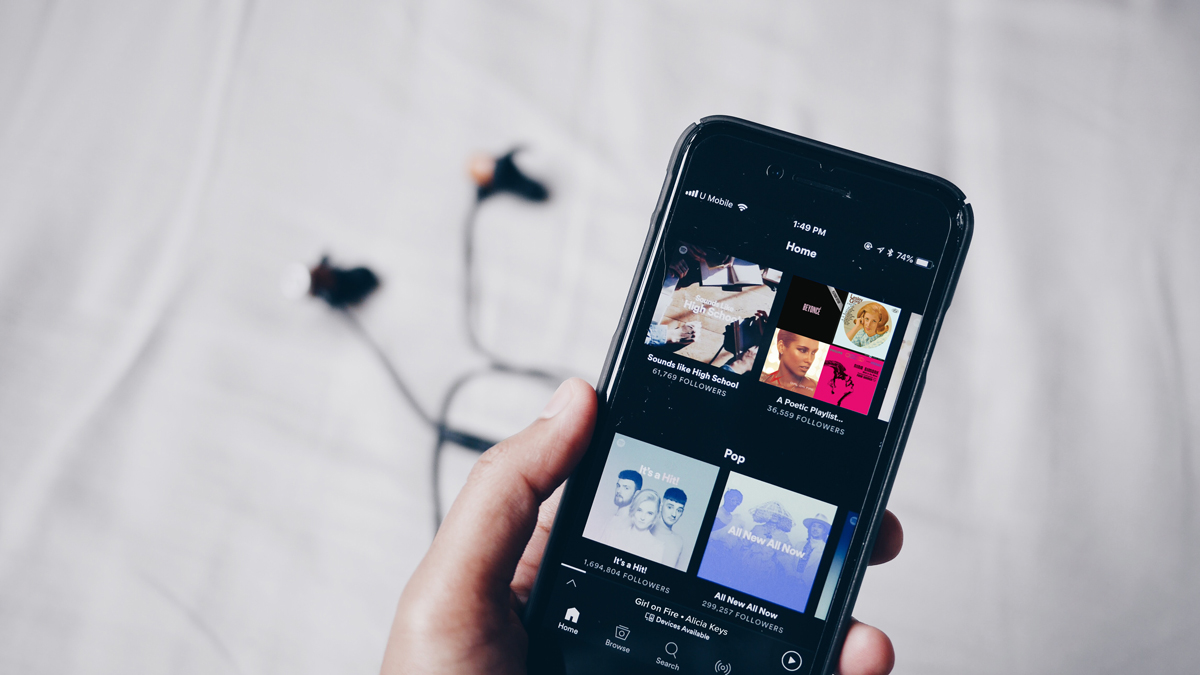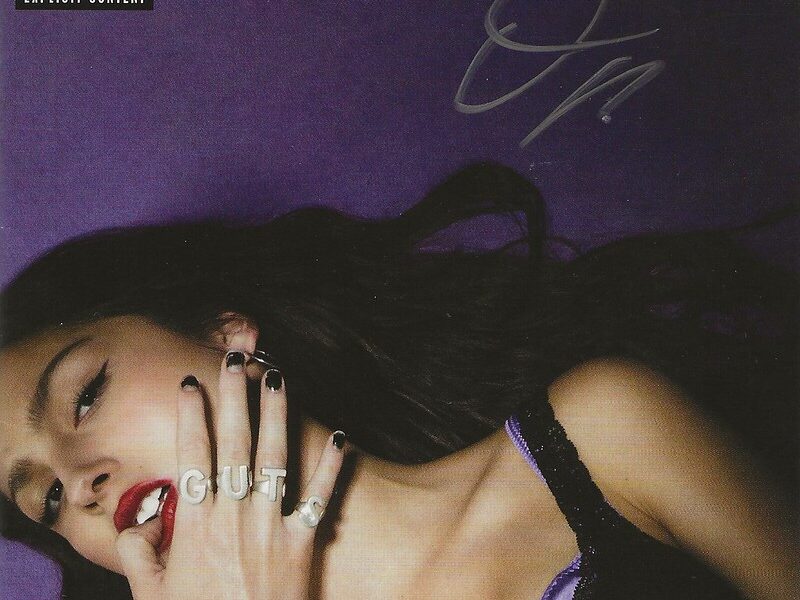A Poetic Playlist for Women’s History Month
Female poets and songwriters have been slinging empowering lyrics for decades, and March is the perfect time to give them the spotlight. From Nina Simone to Susan Nguyen, we’ve got over 50 years of music and poetry queued up. Celebrate women’s history month with these 12 feminist poetry and music pairings. If you’re in the mood to groove, you can listen to the full playlist on Spotify.
“Flawless” by Beyoncé & “A Woman Speaks” by Audre Lorde
Sampling Nigerian feminist Chimamanda Ngozi Adichie’s “We Should All be Feminists” speech, Beyoncé’s trap-infused hit “Flawless” puts its feminist intentions front and center. To pair, we’ve selected “A Woman Speaks,” by Audre Lorde, which celebrates the inherent beauty and worth of femininity and blackness.
“Girl on Fire” by Alicia Keys & “Fire” by Nikita Gill
Unbridled drive and tenacity take the stage in this inspiring poem and song duo. Alicia Keys’ “Girl on Fire” dominated the radio waves in 2012 with its catchy chorus and spirited lyrics. The poem, “Fire,” by Nikita Gill brings forth a similar level of intensity, reminding us to never underestimate our value.
“You Don’t Own Me” by Lesley Gore & “Take Back Your Power” by Lang Leav
At just 17 years old, singer Lesley Gore bellowed this indelibly defiant top-ten single in 1963. With a strong expression of emancipation, “You Don’t Own Me” pairs perfectly with Lang Leav’s “Take Back Your Power”—a reminder to let go of expectations and let your internal compass guide you.
“Four Women” by Nina Simone & “Sadie and Maud” by Gwendolyn Brooks
Historic jazz singer, composer, and pianist Nina Simone calls out the damaging legacy of slavery by picking apart African-American female archetypes like “Aunt Sarah,” for example, who represents enslavement and long-term suffering. To pair, we’ve selected Gwendolyn Brooks’ “Sadie and Maud,” which leaves readers to contemplate the construction of femininity and blackness in America.
“Cherry Bomb” by The Runaways & “Her Kind” by Anne Sexton
“Cherry Bomb” is arguably this all-female rock band’s best-known song. Unabashed angst, rage, and sexuality course through the lyrics and rhythm. So to pair, we’ve selected Anne Sexton’s “Her Kind,” which flouts the societal shame surrounding female power and anger.
“Q.U.E.E.N.” by Janelle Monáe and Erykah Badu & “Caged Bird” by Maya Angelou
Sexuality and religion come under fire in “Q.U.E.E.N.” (acronym of “Queer, Untouchables, Emigrants, Excommunicated, and Negroid.” Together, Monáe and Badu use a question and answer format to empower the oppressed. We’ve selected “Caged Bird” by Maya Angelou as its poetic counterpart, as it famously articulates being trapped by society as the future refuses to remain boxed in.
“9 to 5” by Dolly Parton & “All the Good Women are Gone” by Susan Nguyen
While Dolly Parton takes on the challenges of being a woman in the workforce with a catchy, foot-tapping beat, Susan Nguyen shifts the conversation to a more brutal tone and contemporary setting. Despite their differences in tone, both works examine how women are sidelined and minimized in the world. “They just use your mind and they never give you credit / It’s enough to drive it crazy if you let it,” sings Parton. “. . . ever been pulled over for tailgating a cop who called you stupid . . .” writes Nguyen.
“Nameless, Faceless” by Courtney Barnett & “Marrying the Hangman” by Margaret Atwood
Australian indie rocker Courtney Barnett’s “Nameless, Faceless” borrows from Margaret Atwood in its chorus, singing “I wanna walk through the park in the dark / Men are scared that women will laugh at them / I wanna walk through the park in the dark / Women are scared that men will kill them.” Of course, we’ve selected another Atwood poem to pair: “Marrying the Hangman,” which analyses female captivity and agency through the story of a woman who evades being hanged.




